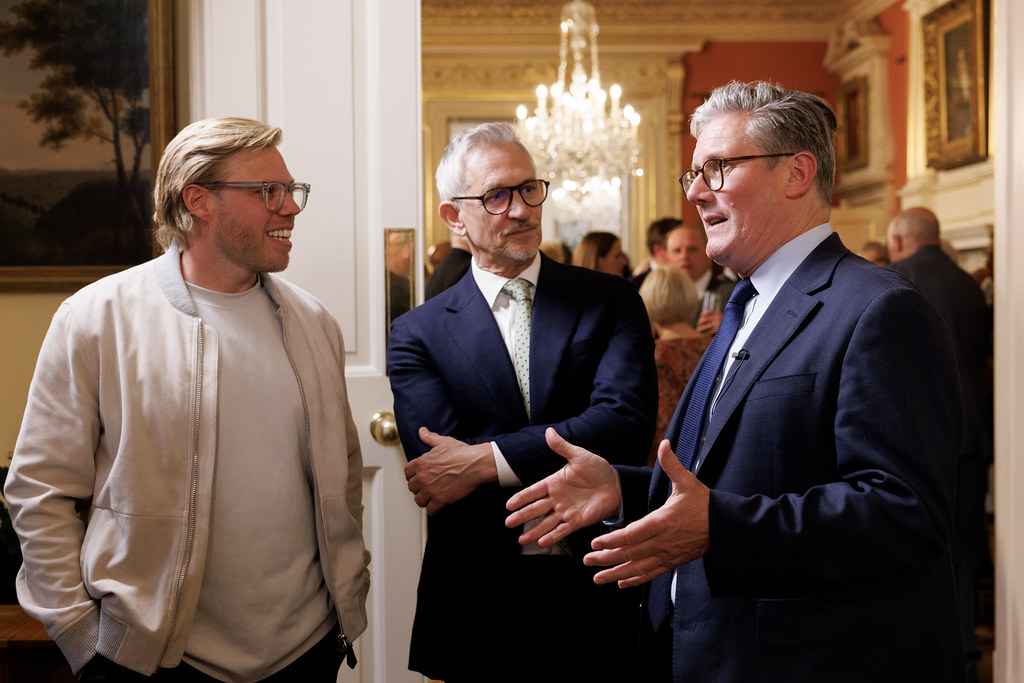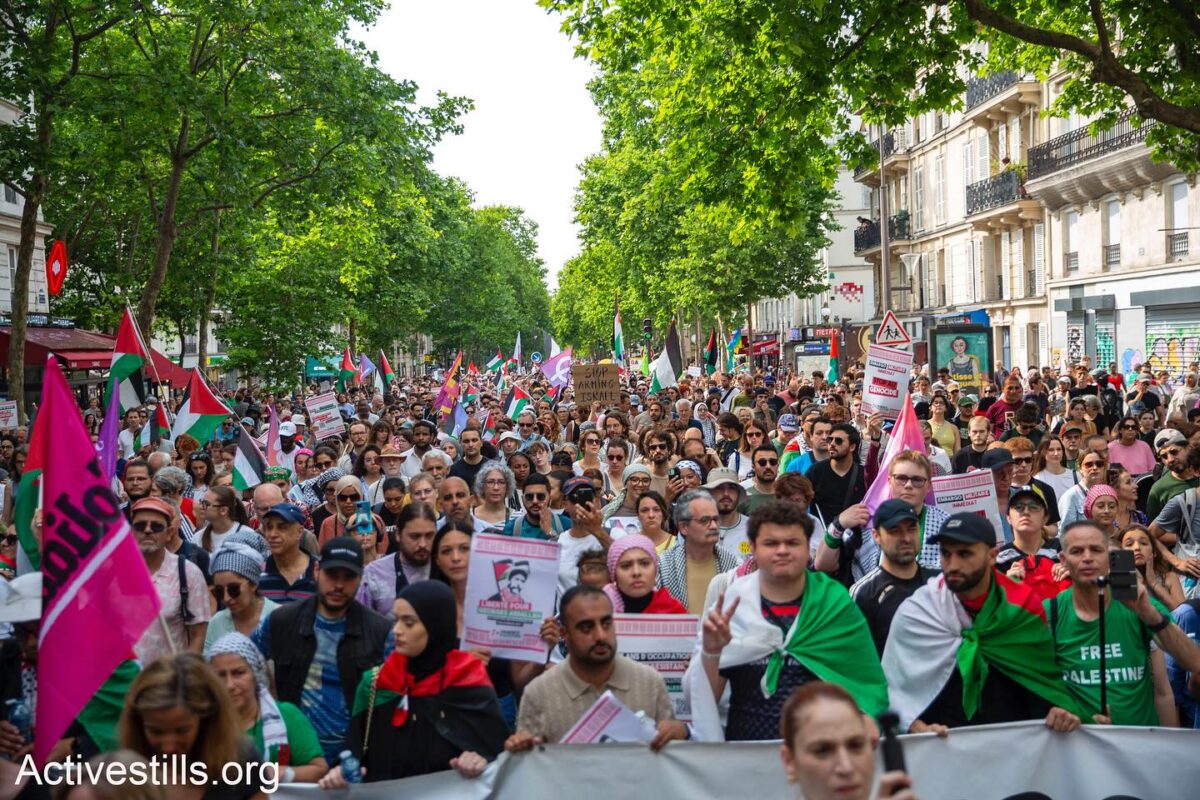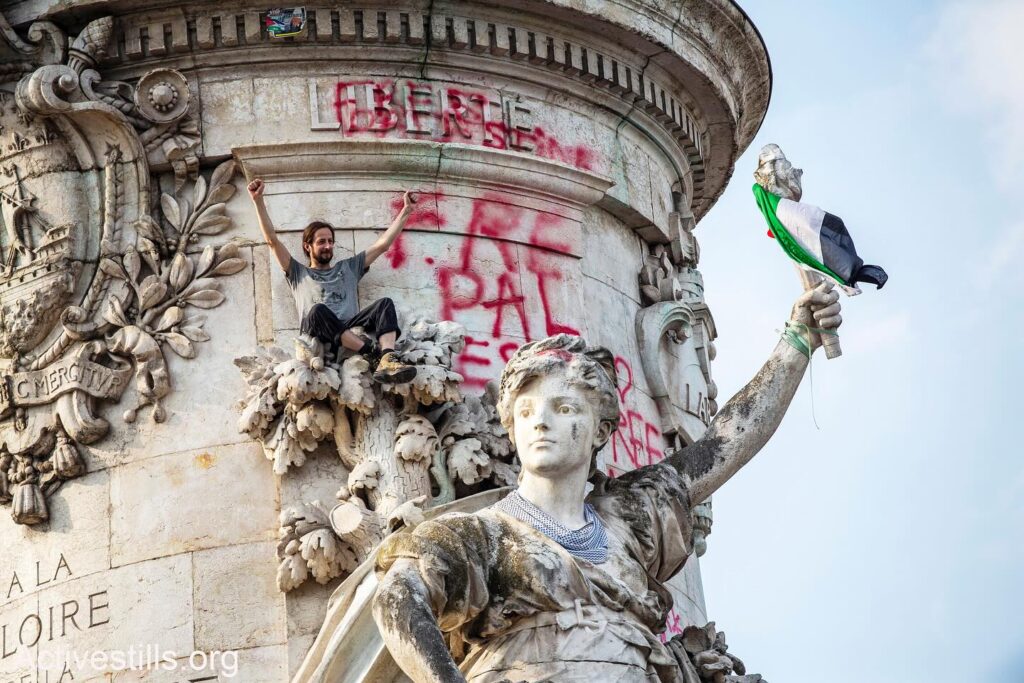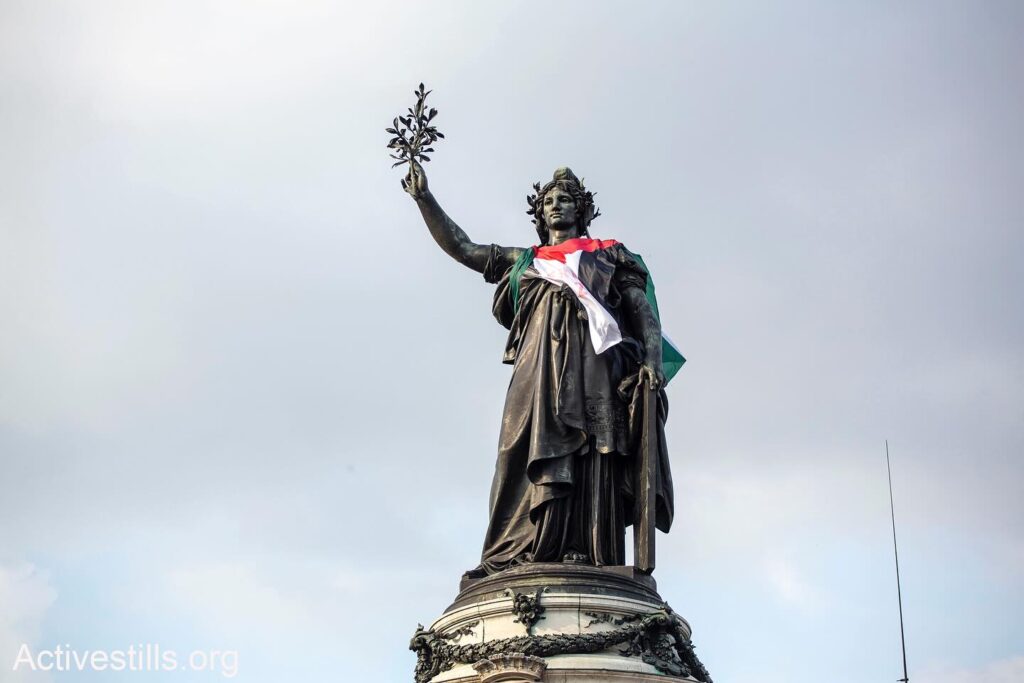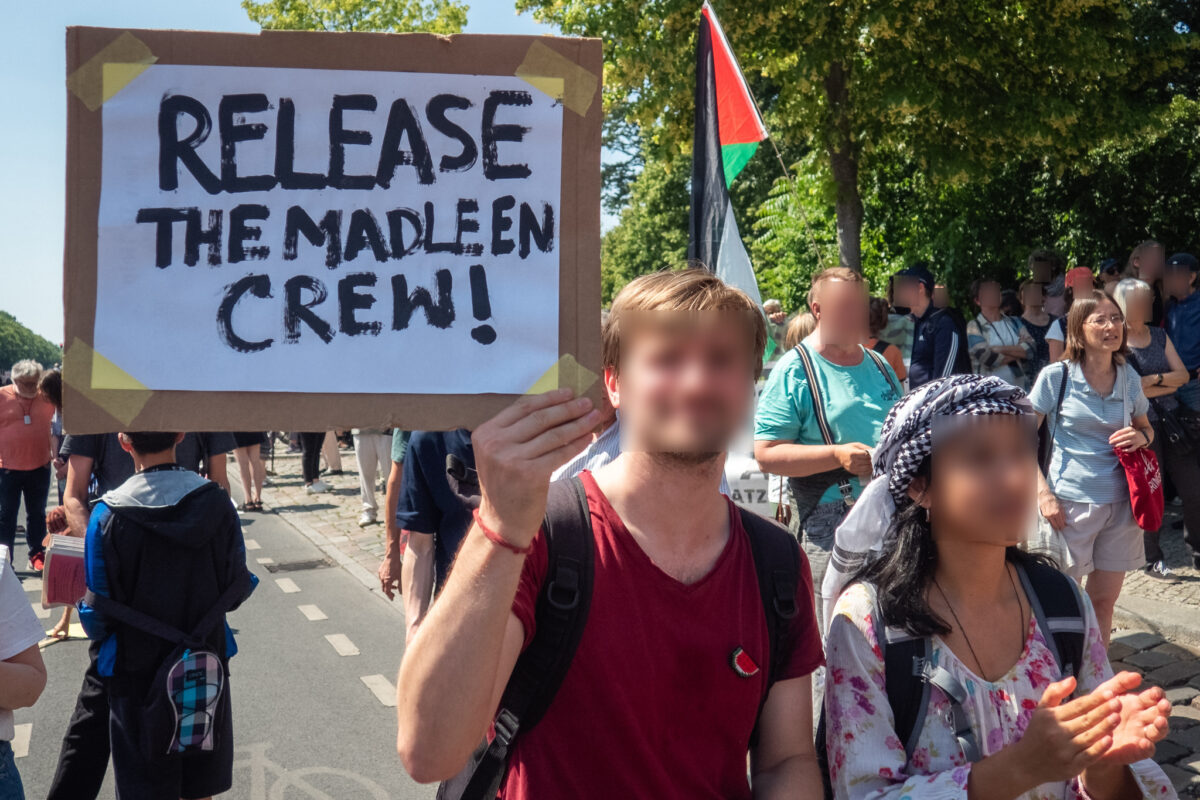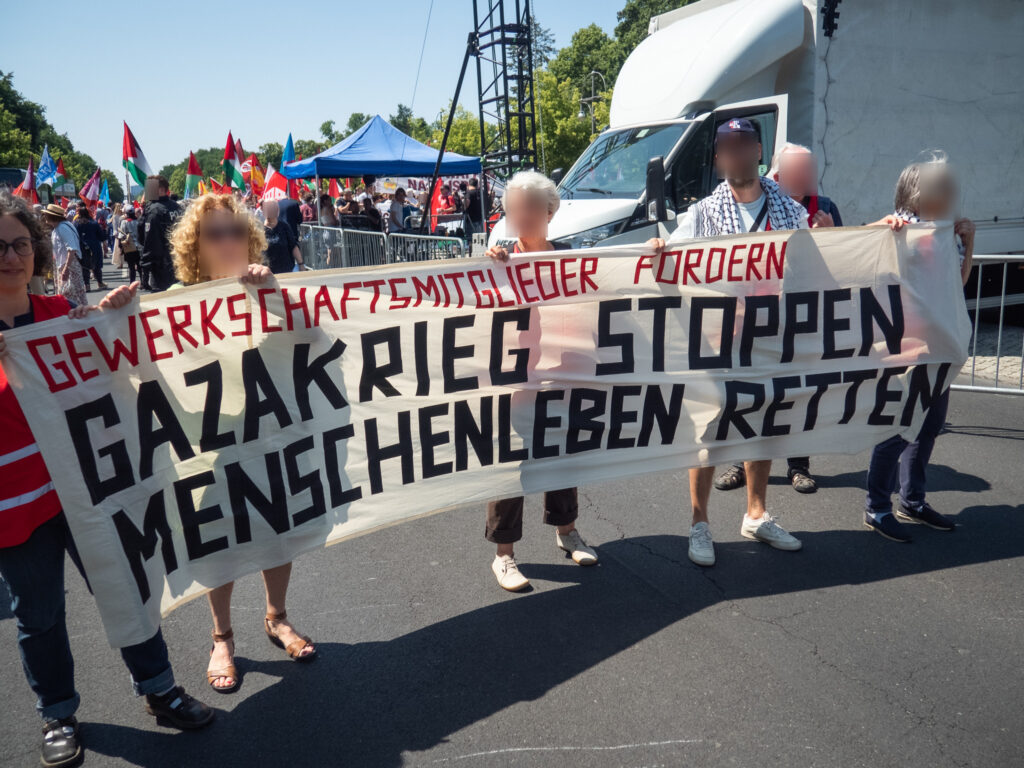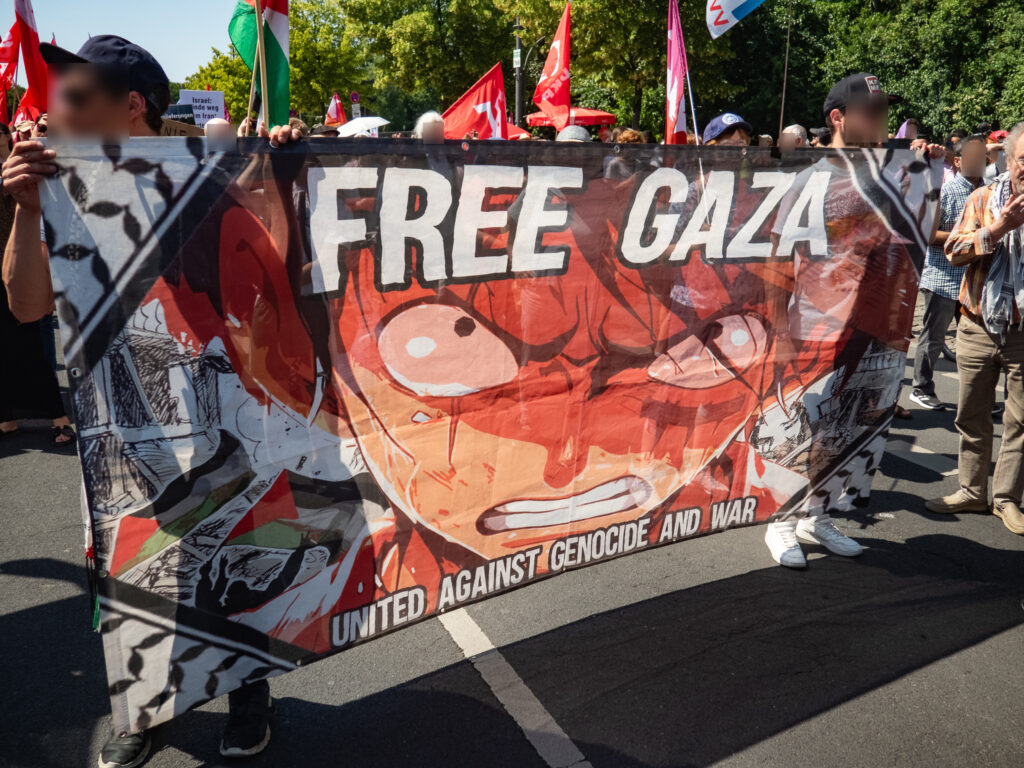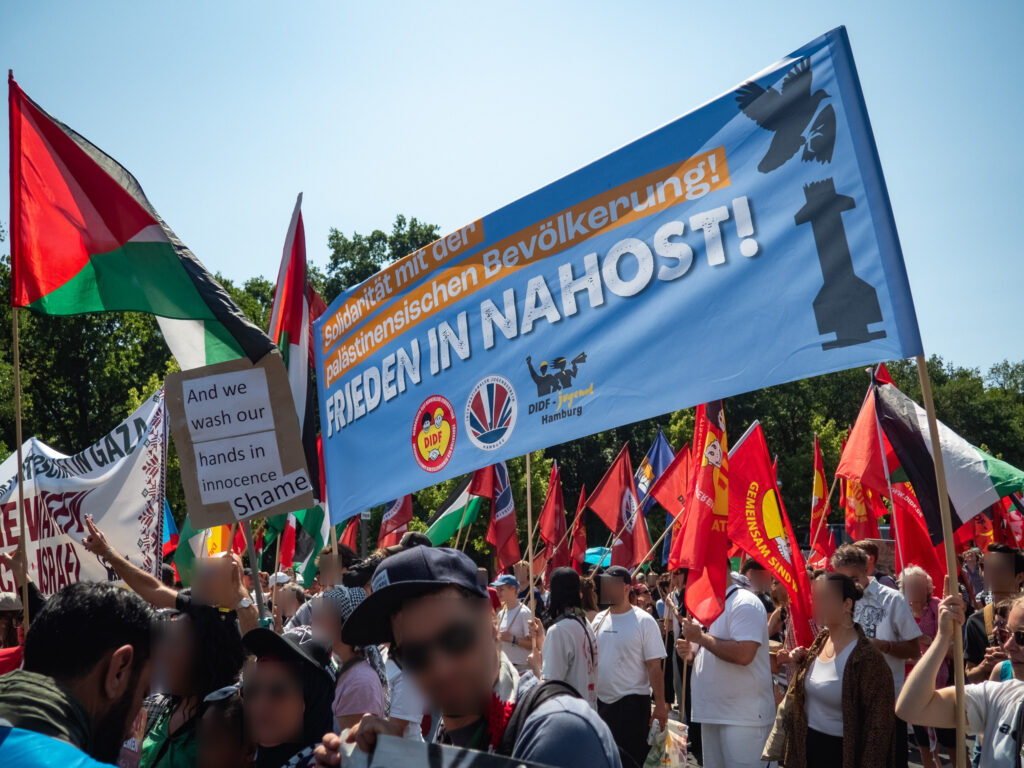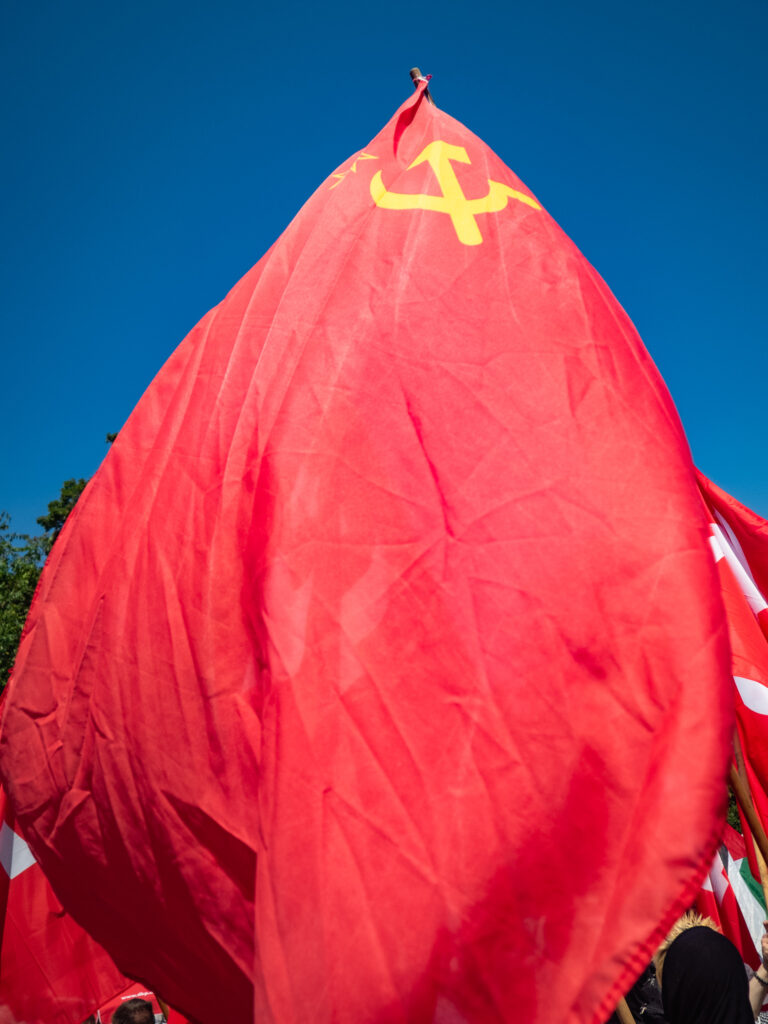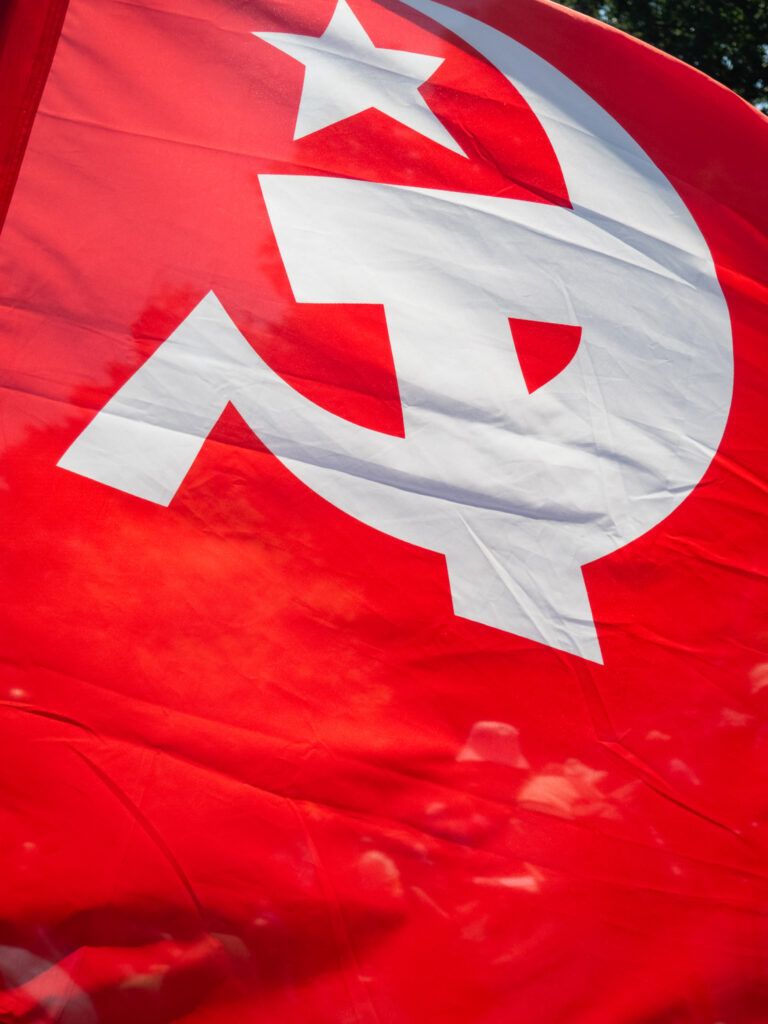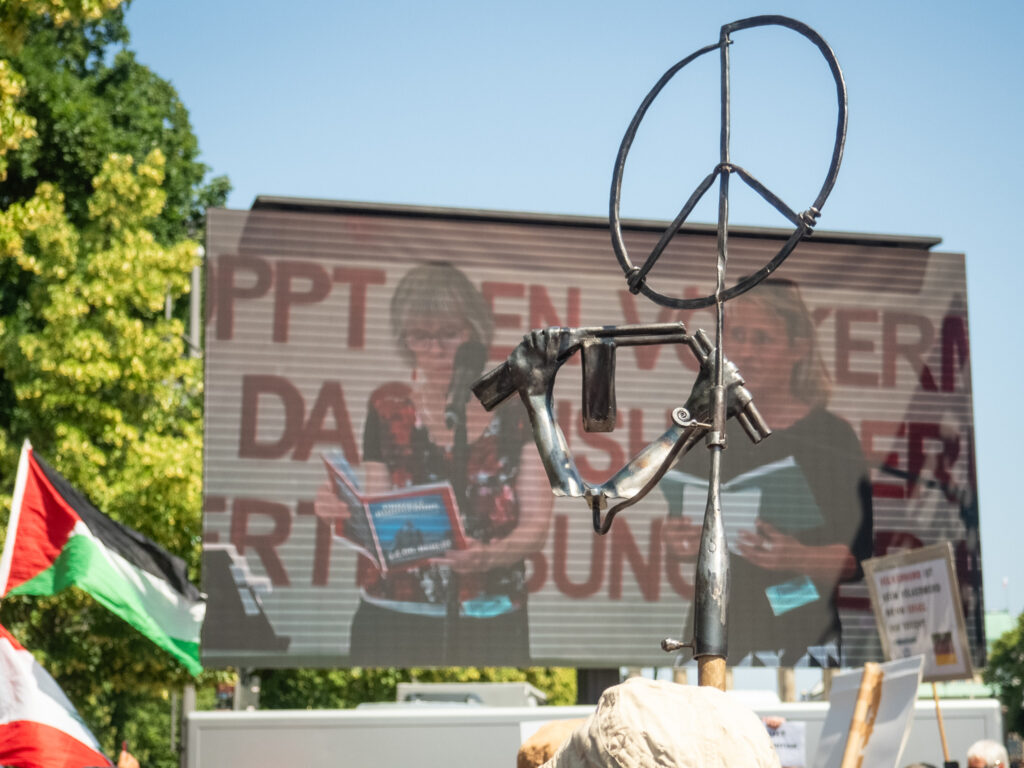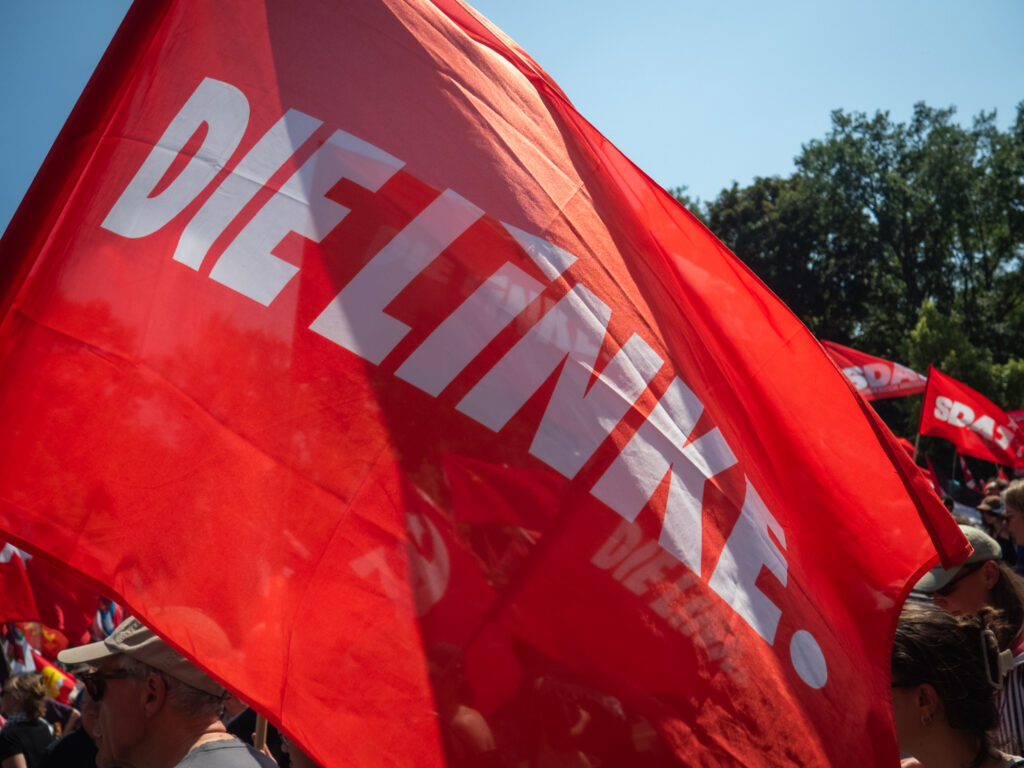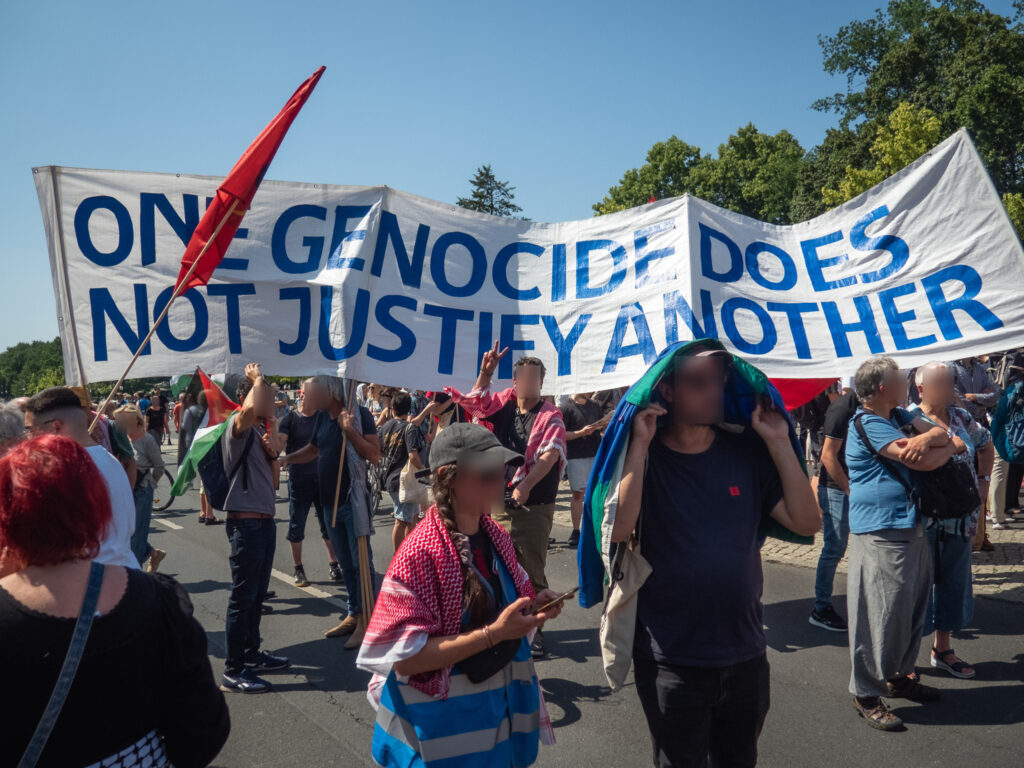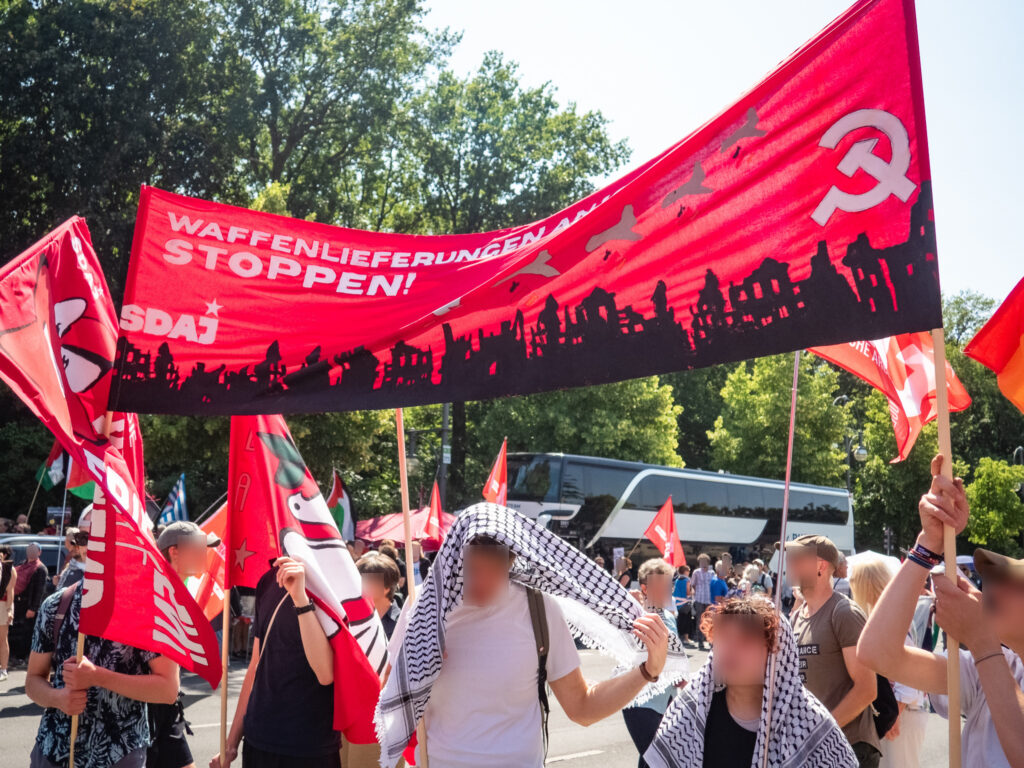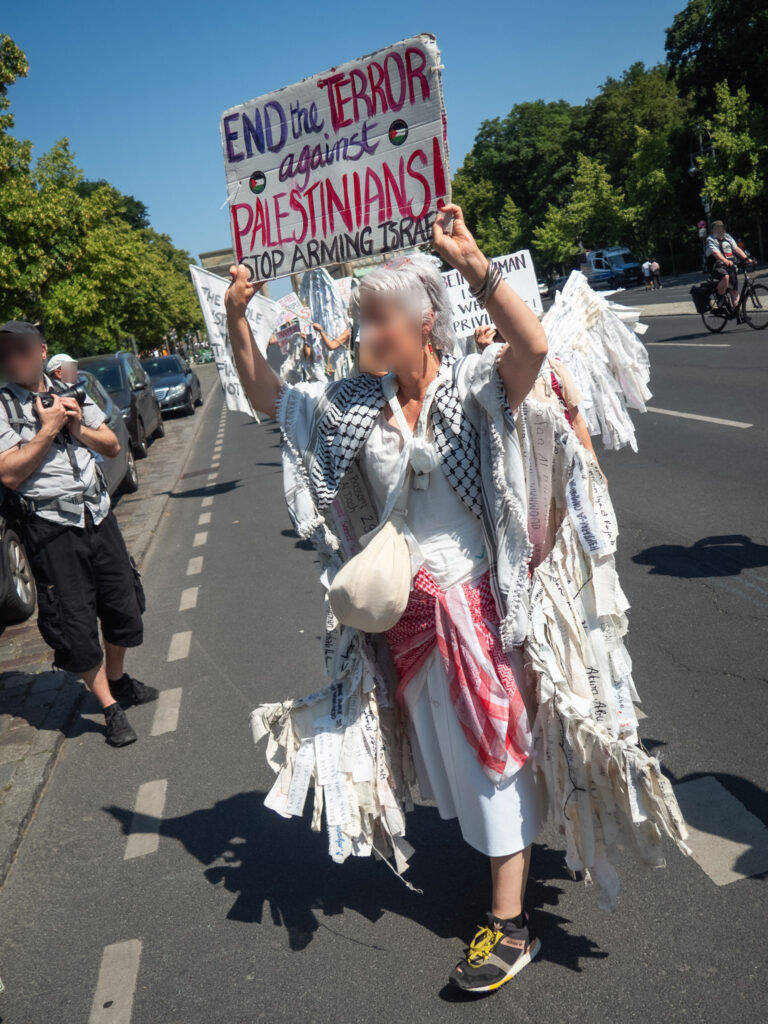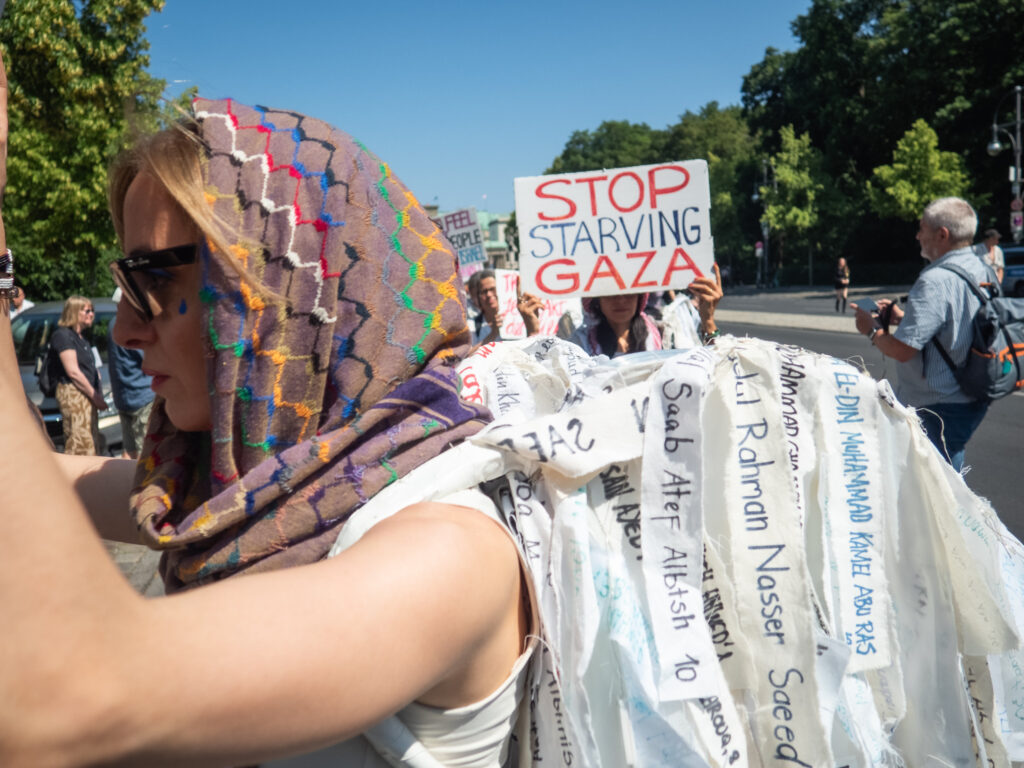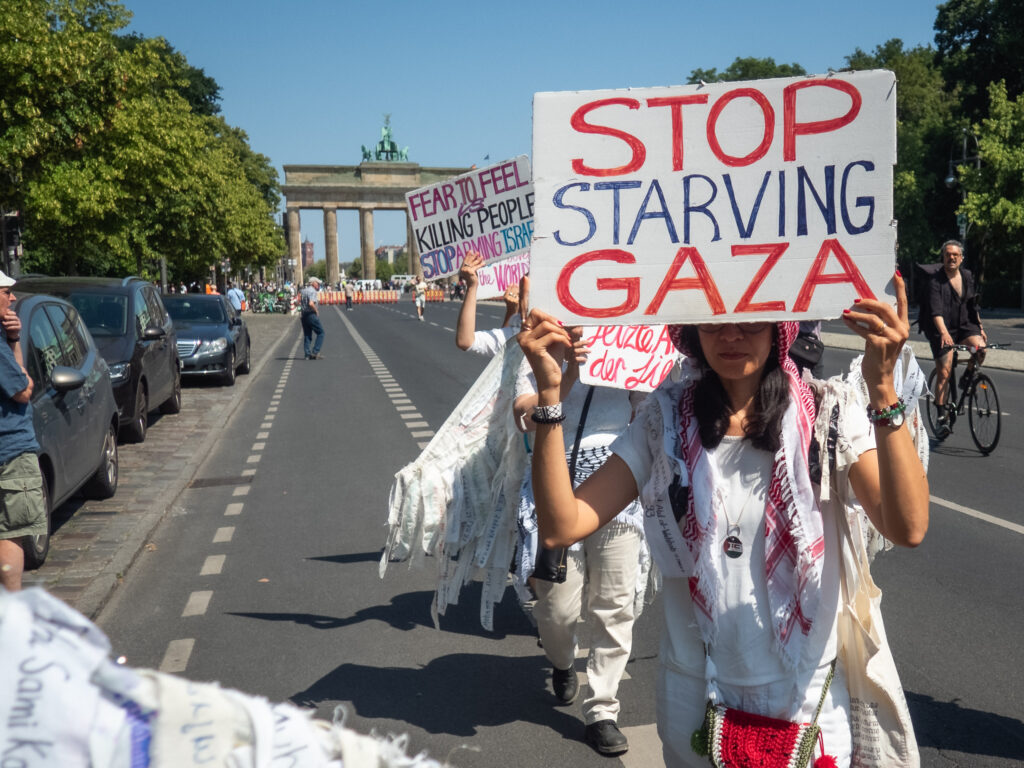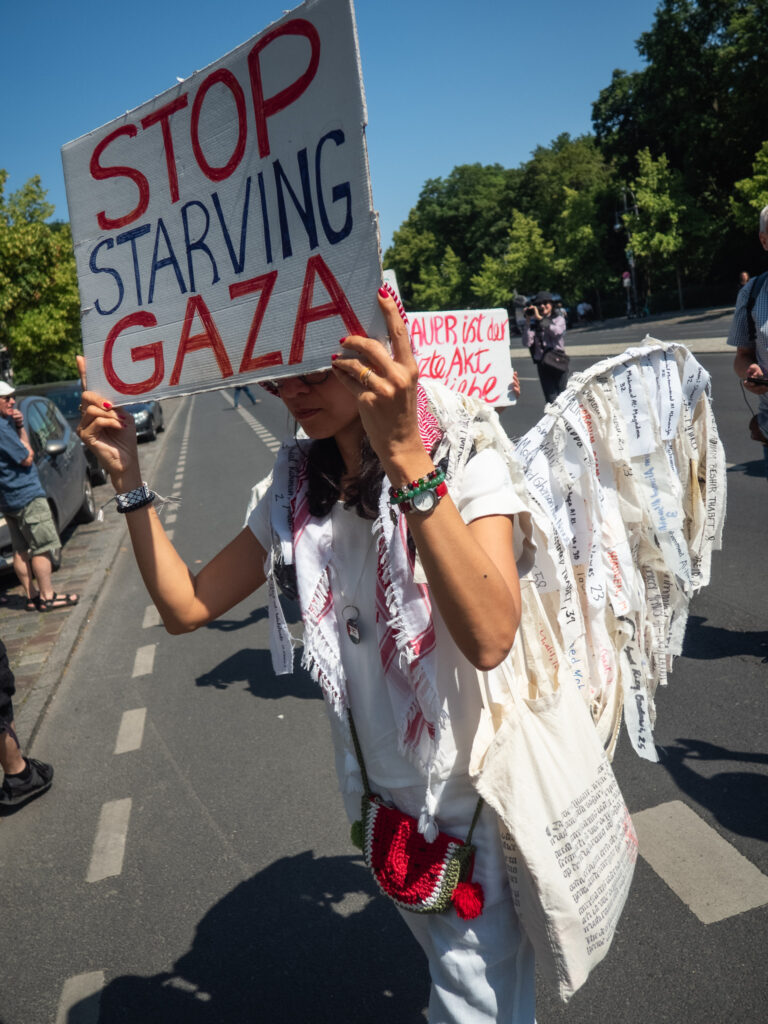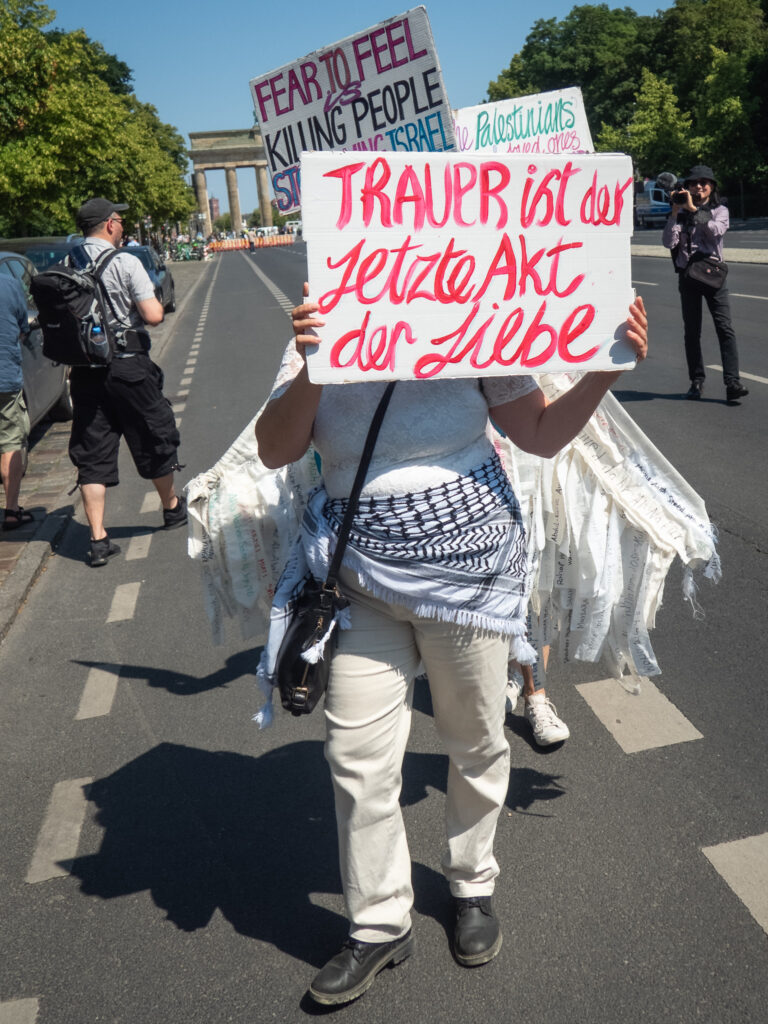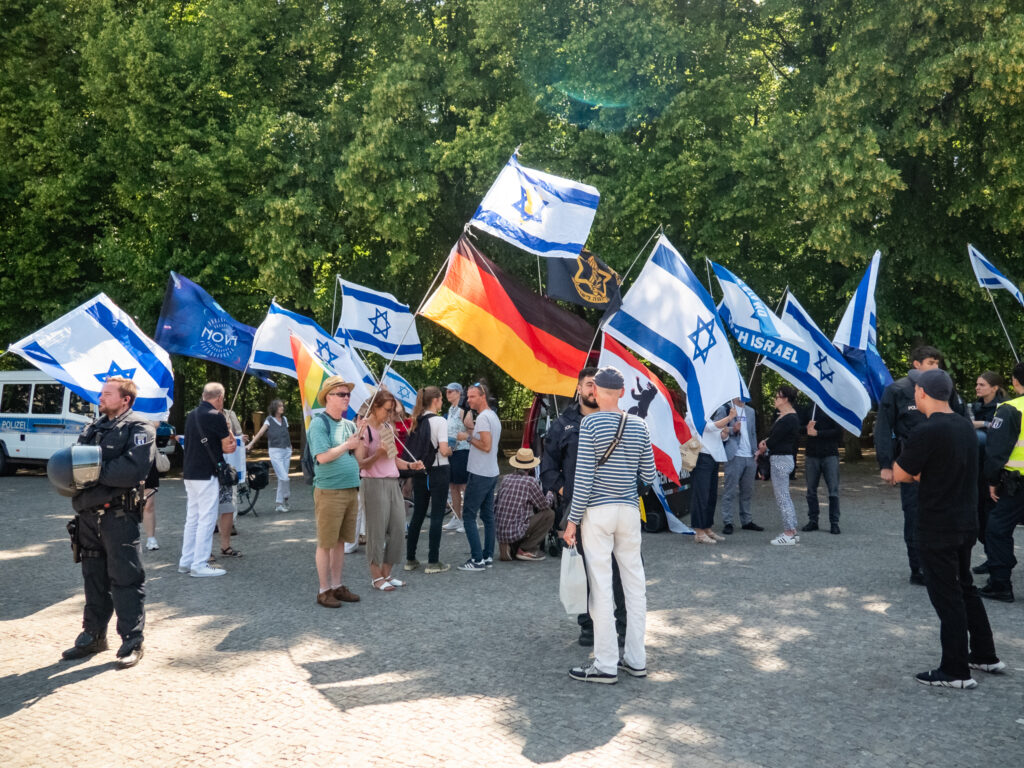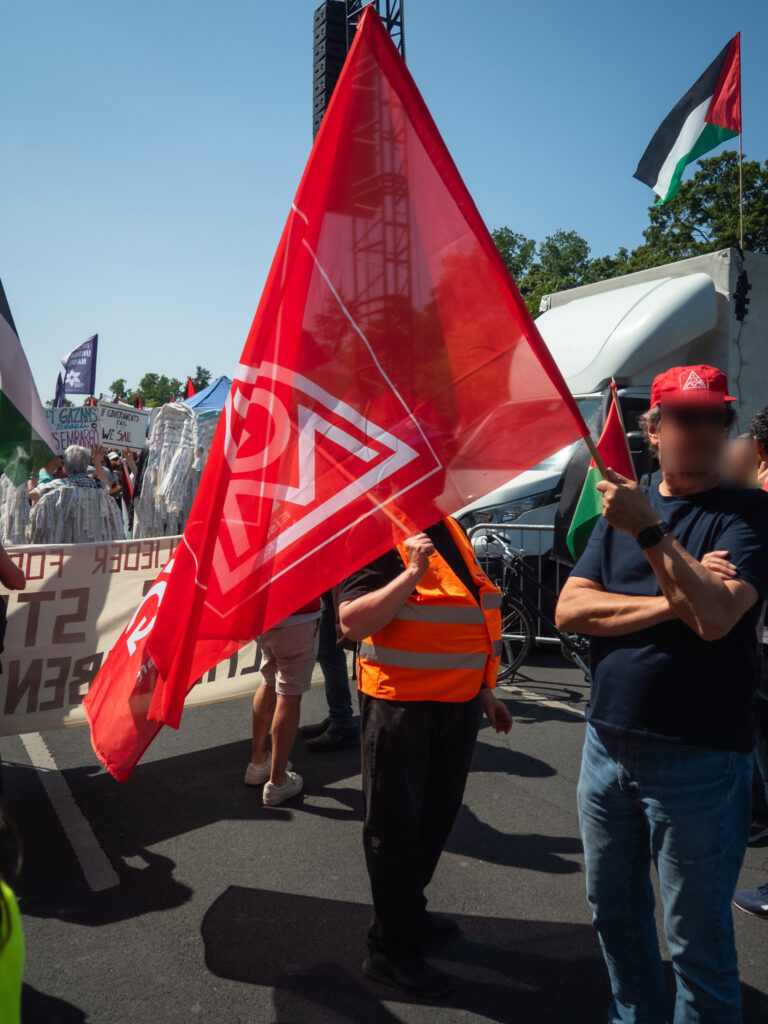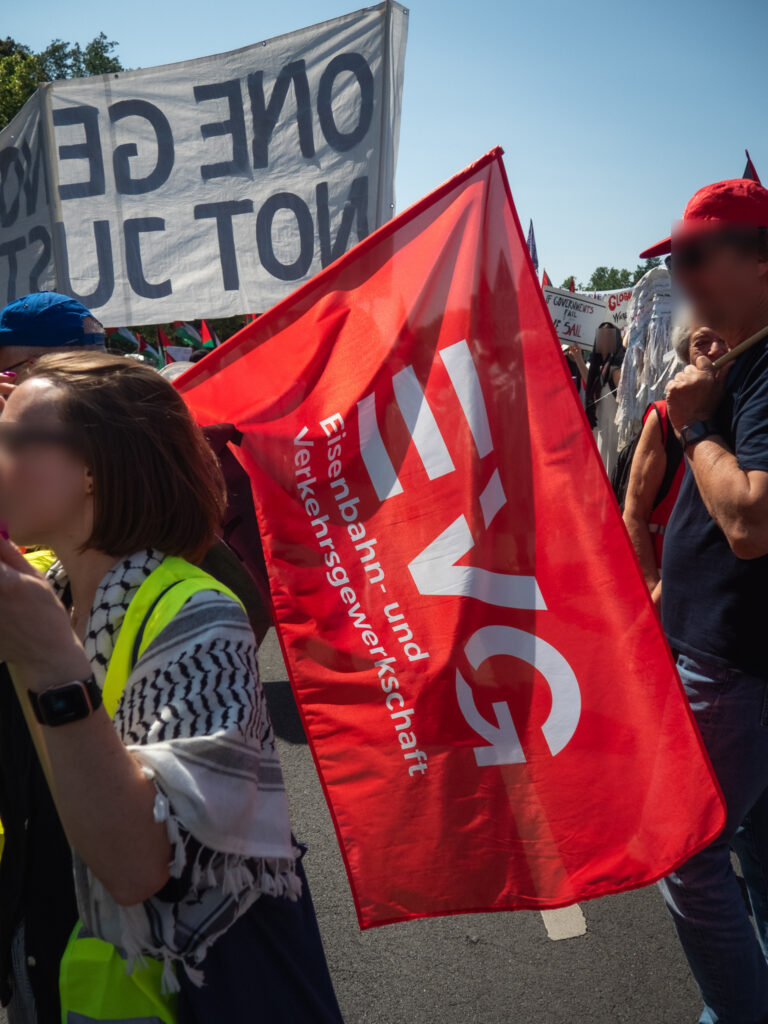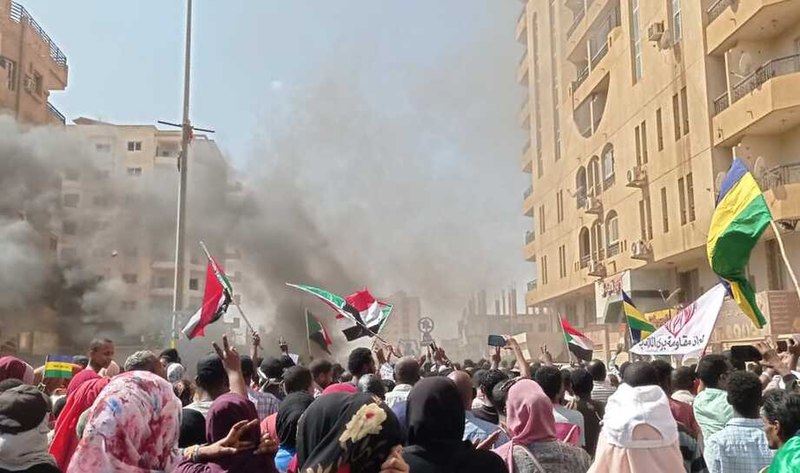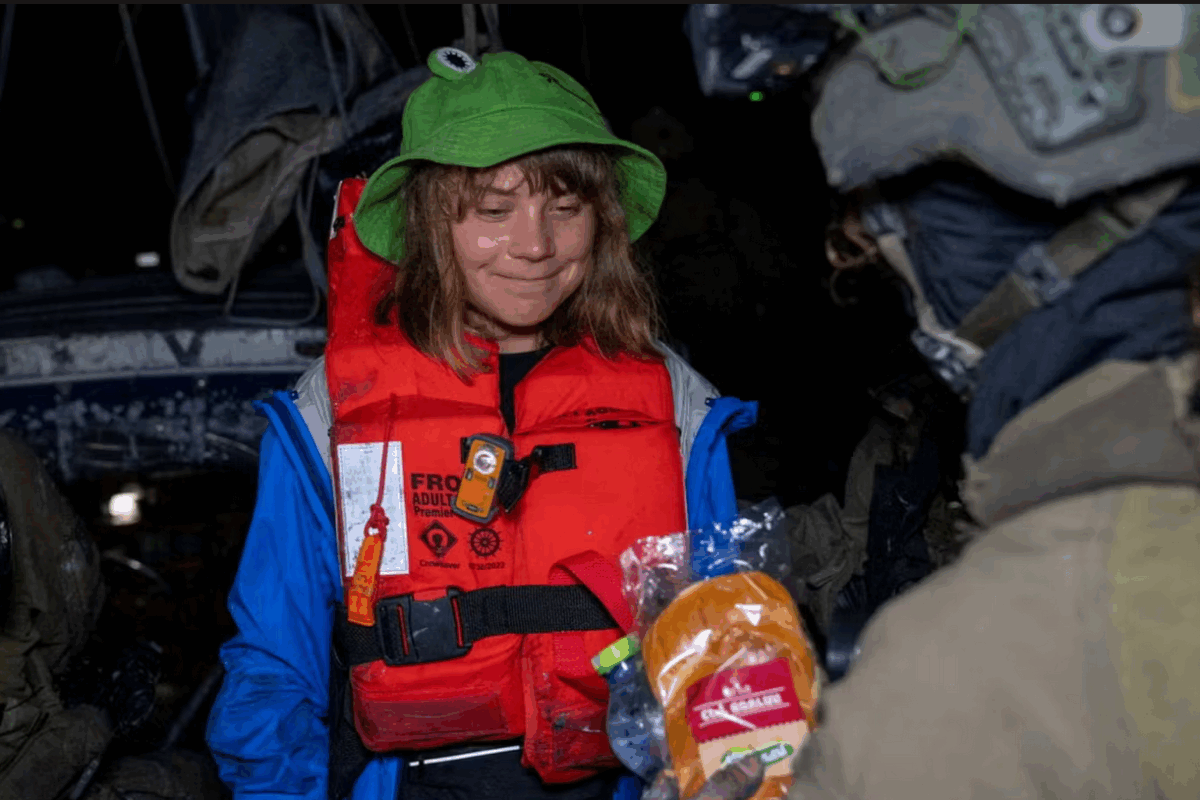A long time ago—it must have been the mid to late 1980s—leading English footballer Gary Lineker appeared on Desert Island Discs. For those of you unfamiliar with old British radio shows, in Desert Island Discs, a personality is asked to name the eight records they would take with them on a desert island. To be honest, this is just a conceit for a programme that is essentially a celebrity interview.
At the time, Lineker was playing in Barcelona in one of the first significant waves of British footballers playing abroad. Not all of them adapted to the new conditions equally. Ian Rush famously was reported as saying that being in Italy was like “living in a foreign country”. It is still unclear whether this was meant as a joke, but the quote embodied an attitude of Brits refusing to integrate.
Lineker was different. On the radio programme, he explained how he and his family were not just learning Spanish—they were also learning Catalan. This sounded like more than the words of someone who was looking after his PR. Lineker seemed genuinely interested in other countries.
Lineker was not a rebel. He knew his place and stayed in line. First as a highly successful footballer, then as a pundit. But he was well loved as a good bloke, someone who enjoyed watching and talking about football. If he was known for anything outside the sport, it was for advertising Walkers crisps, which were produced in his hometown of Leicester.
Lineker and Brexit
Fast forward over 30 years. In 2018, Lineker backed the campaign for a second Brexit referendum. The so-called “liberal intelligentsia”, which includes the people currently running the Labour Party, welcomed his intervention, not least because he was largely speaking their language. To understand this, we need to dispel some myths about Brexit.
It is now widely assumed that the Brexit debate was between racists who wanted to prevent migrants entering Britain and anti-racists who supported freedom of movement. This was not the case, especially if you looked at the leaders of the campaigns.
The figurehead of the pro-Brexit campaign was Nigel Farage, a racist former supporter of the National Front. But the other side was not led by socialists, or even liberals, but by austerity prime minister David Cameron. The argument was not about whether we needed borders to limit migration into Britain, but whether those borders should be in the English Channel or the Mediterranean.
Of course, many anti-racists campaigned against Brexit, but the EU project was always closely tied with Fortress Europe and the idea that “our” values, that is the values of white Europeans, are more important than those of dark-skinned Muslims from the Global South.
Lineker as anti-Corbyn?
There was another aspect of the Brexit discussion which profited Labour’s right wing. The Brexit vote was in 2016. This meant that the election campaigns of both 2017 and 2019 were dominated not by Jeremy Corbyn’s slightly radical manifesto, but by Brexit.
Lineker’s statement was welcomed by the Labour Right, not just because it fitted their narrative, but also because it provided another distraction away from Corbyn’s reforming agenda. Indeed, Lineker’s Brexit Twitter campaign was preceded one year earlier by another tweet: “Bin Corbyn”.
In 2017, former editor of Q magazine Danny Kelly wrote an article for Esquire entitled: “How Gary Lineker Became the Voice of Liberal Britain”. In the article, Kelly argued that “smart people have been moved to declare him the Unofficial Leader of the Opposition”.
In the article, Kelly refers to few political statements by Lineker outside vague mentions of Brexit, refugees and Donald Trump. More emphasis is played on Lineker’s cosmopolitan attitude, media presence and ease in front of a camera.
The timing of Kelly’s article was not accidental. It was in the middle of Corbyn’s election campaigns, which were sabotaged by leading party members. It appears to be part of the trend by the Labour right at the time to promote someone—anyone—as an alternative to Corbyn.
This shows the Lineker of the late 2010s to be ideologically aligned to Keir Starmer. In April 2020, when Starmer replaced Corbyn as Labour leader, Lineker retweeted Starmer’s acceptance speech with the comment: “Well-chosen words”.
Ukraine invasion
Following the Russian invasion of Ukraine, Lineker asked foreign secretary Liz Truss if the Conservative Party would “hand back their donations from Russian donors”. One week after the invasion, he interviewed Ukraine and Manchester City midfielder Oleksandr Zinchenko on the BBC.
During the interview, Zinchenko said: “The people are starving there. The people are sleeping underground, in bunkers, whatever. They cannot live a proper life.” Lineker’s follow-up question was to ask Zinchenko if he was proud to be a Ukrainian. Later, both men described the importance of people flying Ukrainian flags at football matches.
Let us be clear. One week into an illegal invasion, the words of both Lineker and Zinchenko are perfectly reasonable. Indeed, they are largely consistent with Lineker’s later comments on Gaza. But, knowing what we do now, we see huge double standards in the media reaction.
Imagine the outcry if Lineker had asked a footballer from Gaza about Israel’s murderous assault on their country, and whether this made them feel a proud Palestinian. Imagine if he’d have called for more Palestinian flags at games. Imagine if this interview had been carried out with a huge Palestinian flag in the background.
Attack on Suella Braverman
Lineker had often been vocal on the subject of refugees. In 2020, following a suggestion by Boris Johnson to make deportation easier, he tweeted: “Can we make it clear that not everyone in this country is heartless and completely without empathy. These poor people deserve the help of their fellow human beings.”
After some criticised him for hypocrisy, Lineker put up two refugees while they were looking for permanent accommodation. He later said: “to listen to their experiences, have dinner with them, and become friends with them was really something very, very special, and I think it’s been a really good experience, particularly for my boys to help them understand how lucky they are.”
In 2023, he upped the ante. Responding to a call by Tory Home Secretary Suella Braverman to “stop the boats”, he tweeted: “Good heavens, this is beyond awful.” When some of his followers complained, he replied: “We take far fewer refugees than other major European countries. This is just an immeasurably cruel policy directed at the most vulnerable people in language that is not dissimilar to that used by Germany in the 30s, and I’m out of order?”
Lineker was temporarily sacked by the BBC for these tweets. One of his defenders was Leader of the Opposition Keir Starmer, who said: “The BBC is not acting impartially by caving in to Tory MPs who are complaining about Gary Lineker. They’ve got this one badly wrong and now they’re very, very exposed, as is the government.”
You wonder whether Starmer would support Lineker today. The official Labour Party Facebook page has recently been running a series of posts attacking the Tories for not deporting enough people. A typical post (from 2nd June) reads: “The Tories ran an open borders experiment. This ends now. Labour is taking back control, smashing the criminal smuggling gangs and securing our borders, for good.”
In May 2025, Starmer echoed Tory bigot Enoch Powell by saying that without strict immigration controls “we risk becoming an island of strangers”. Surely Lineker felt ill at ease that the British prime minister was now attacking Tories like Braverman for being too soft.
Gaza
Lineker’s decisive break with the Starmer project undoubtedly came over Gaza. Most of us are aware of what happened, but let me briefly summarize. In November 2023, Lineker tweeted an interview between Owen Jones and Israeli professor Raz Segal accusing Israel of genocide. Then, 16 months later, he was one of 500 media personalities who condemned the BBC for pulling the documentary Gaza: How To Survive A Warzone.
Recently, Lineker was sacked again for sharing an Instagram post from Palestine Lobby that included an image of a rat. Accompanying the post, Lineker made the following comment: “It’s beyond depraved, what they’re going through, unimaginable. Every day people are losing their children, their brothers and sisters. I don’t know how the world thinks this is OK.”
After an outcry, he soon deleted both the clip and the comment. When challenged on his views, Lineker said: “I know where I stand on this … the mass murder of thousands of children is probably something we should have a little opinion on.” Surely this matters more than any manufactured allegations of antisemitism.
Lineker was quite clear about who he held responsible: “We still seem to be on the side of the people who are doing this. We’re still supplying arms. And you think, ‘Wow, how?’ The vast majority of people see it for what it is now. Unfortunately, the Government’s not doing much about it. It comes down to power and money.” At the end of May, Lineker joined 300 actors, singers and activists calling on Starmer’s government to end all arms sales to Israel.
This is no sudden conversion. One year ago, Lineker told Mehdi Hasan: “There’s a lot of heavy lobbying on people to be quiet, so I understand why most people refrain, but I’m getting on a bit now. I’m fairly secure, and I can’t be silent about what’s happening there. It’s so utterly awful.”
Conclusion
Gary Lineker is not a revolutionary socialist. Owen Jones called him a “classic liberal”. He has called himself “quintessentially a floating voter”. On Gaza, he has tweeted: “Israelis have a right to defend themselves.” As recently as 23rd April this year, he appeared alongside Starmer at an event to “fight for our flag and what it represents”.
The martyrdom of St. Gary has little to do with the radicalism of anything that Lineker has said. It is more a sign of how far to the right the discussion on Palestine has shifted in the British media and politics. Lineker may be an instinctive Starmerite, but the British government’s failure on Gaza, and on politics in general, has led him to clash with Starmer—a man who loves football so much that he takes free tickets to watch Arsenal from an Executive box at the Emirates stadium.
For a while, Lineker was the liberal’s liberal—someone who speaks truth to power, albeit politely, while always avoiding the tricky subjects. He outraged right-wing bloggers, but didn’t say anything to annoy the people who had taken over the Labour Party. But speaking out, first on refugee rights, and now on Gaza, he has come into conflict with Starmer’s government.
Since he became Labour leader, Keir Starmer has defined himself by what he is not. First he was not-Corbyn, then not-the Tories, and now he is not-Nigel Farage. Such a strategy might bring short-term gains, but it is an insult to an electorate that is looking for something to believe in. It is little surprise that less than 1 year after Labour’s landslide election victory, they are now polling 23%—6% behind Farage’s Reform UK.
Simply by having an opinion and speaking up, Lineker has offered a pole of attraction to Starmer’s Labour. Of course, a few liberal words by a now former football pundit is not the same as the fighting mass organisation that we need to build a different society. But in a time of genocide and of a political landscape which is dominated by neoliberal parties like Labour, the Tories, and Reform UK, Lineker is addressing our audience. This is something the Left must build on.
